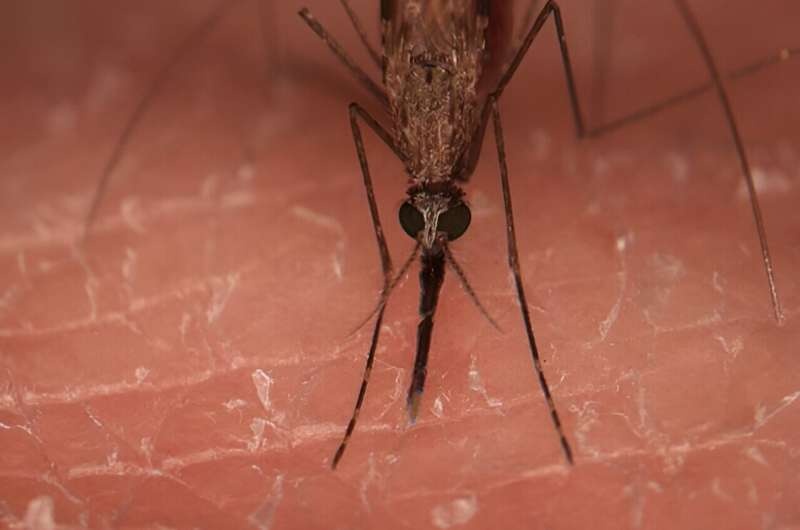New research reveals that warmer temperatures and aging act as a devastating combination, reducing mosquito lifespans and exacerbating bacterial infections. This study sheds light on how climate change could profoundly impact the risks of disease transmission by these pesky insects.

The Perfect Storm: Warmer and Older
Climate change is a perfect storm for mosquitoes. The new research, led by PhD student Jordyn Barr showed that warmer temperatures and old age are a double whammy when it comes to reducing mosquito lifespans and making the effects of bacterial infections worse.
For experiments, they examined three temperature treatments and four immune response conditions with mosquitoes at four different ages for a total of 12 experimental groups. The results were striking – under warm conditions, mosquitoes survived a lot less than when temperatures were cooler. The researchers say in fact that for every degree Celsius warmer, a malaria-carrying mosquito dies at an increased 40%.
This figure was well beyond what Julián Hillyer, Professor of Biological Sciences and Barr’s adviser, had anticipated. Survival was also estimated for the mosquitoes at 33°C, but they only lived to about age 10–11 days and no longer than this. Being generous, it seems difficult to sustain an adequate number of mosquitoes up to 15 days post-adult emergence at 32 °C.
Compounding factors: Infection, and The Aged
The paper also examined how infection, aging, and warming might combine to unfavorable effect. They discovered that, now each of these is bad for a mosquito’s life expectancy and often reinforcing.
Infections always reduced a mosquito’s expected survival, but an infection in warmer conditions did so more than an infection in cooler conditions. Older mosquitoes were also less than half as likely to survive infection than younger ones.
While humans and other mammals rely on metabolism to maintain their body temperatures, mosquitoes are much more affected by environmental temperature changes. In turn, warmer temperatures not only hastened the mortality associated with an age-related process but increased the strength of infection in that aging animal.
Hillyer stresses the importance of the environment for insects, adding that the paper reveals that warmer temperatures and fly age both affect mosquito death, and infection intensity increases in tandem with each factor magnifying the other. The discovery highlights the implications of a warming world for insects’ roles as pollinators, pests, and vectors of disease on a global scale.
Conclusion
But the groundbreaking study indicates how dire the outcomes of climate change may be for mosquitoes in a warm-weather world, with heat plus senescence being a deadly mix. As the fragile insects teeter on the brink of extinction, concern grows over the likelihood that lethal diseases can be passed to humans. The research underscores the pressing need to address the implications of a warming planet and devise ways to curb the threat that comes with disease-carrying mosquitoes.
